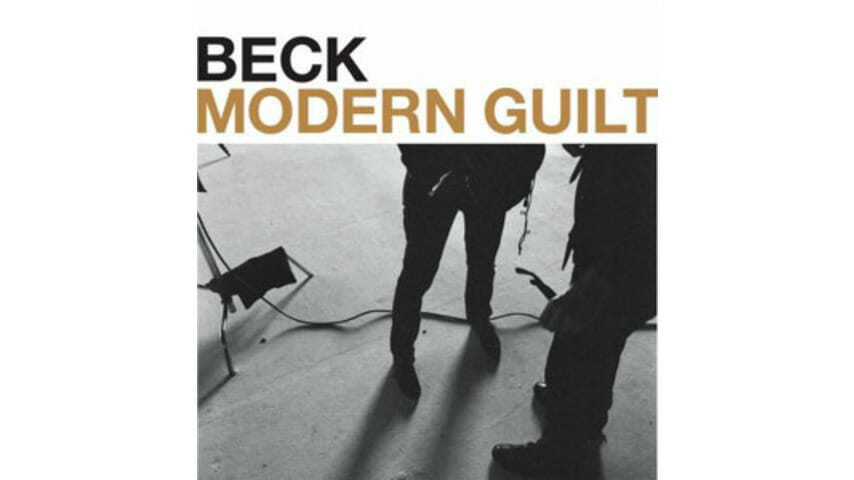Beck: Modern Guilt

It’s tempting to call Modern Guilt a return to form for Beck Hansen. After releasing a pair of bloated, unmemorable records, he recruited producer/collaborator Danger Mouse to help him out with his latest project, and the results of this partnership are pretty hard to argue with. In Danger, Beck has found a genre-hopping, kindred spirit who can be credited for helping the notoriously perfectionist artist record Modern Guilt in a mere two and a half months—the amount of time it usually takes Beck to tune the low e-string on his guitar.
-

-

-

-

-

-

-

-

-

-

-

-

-

-

-

-

-

-

-

-

-

-

-

-

-

-

-

-

-

-

-

-

-

-

-

-

-

-

-

-








































